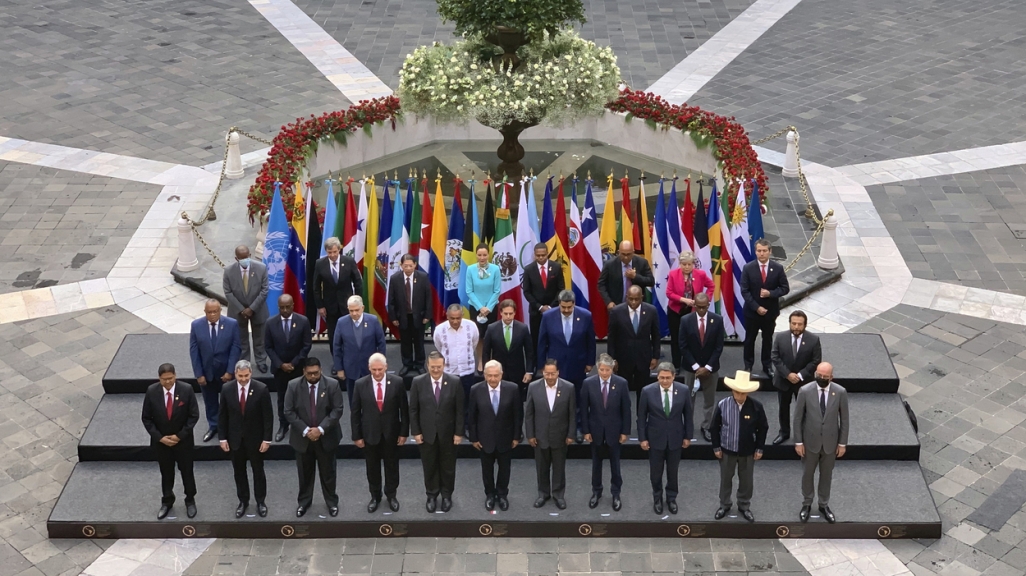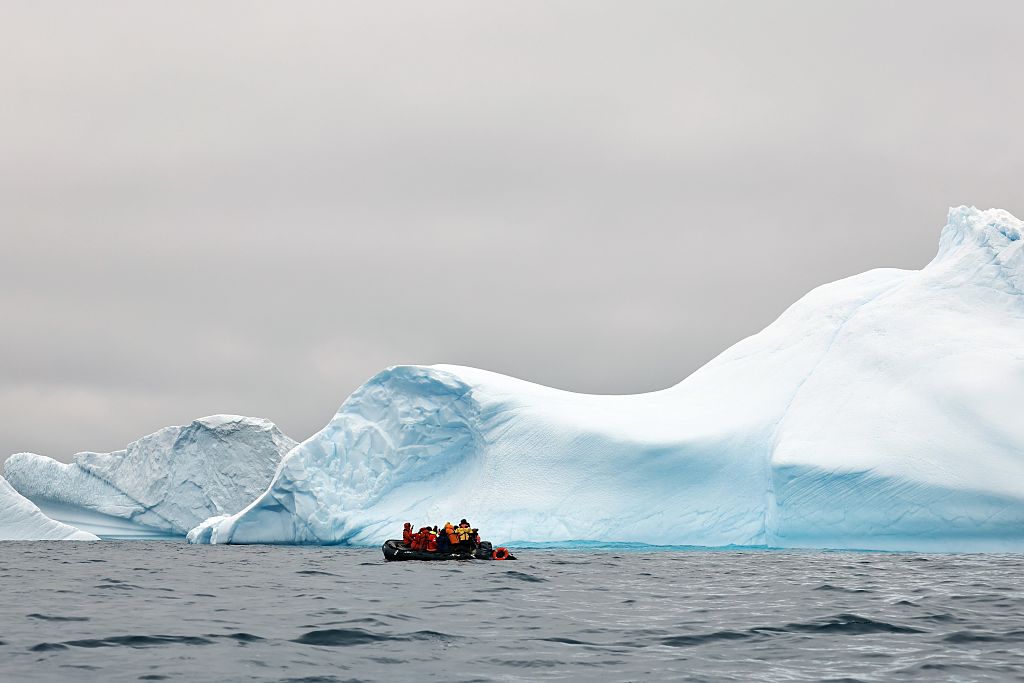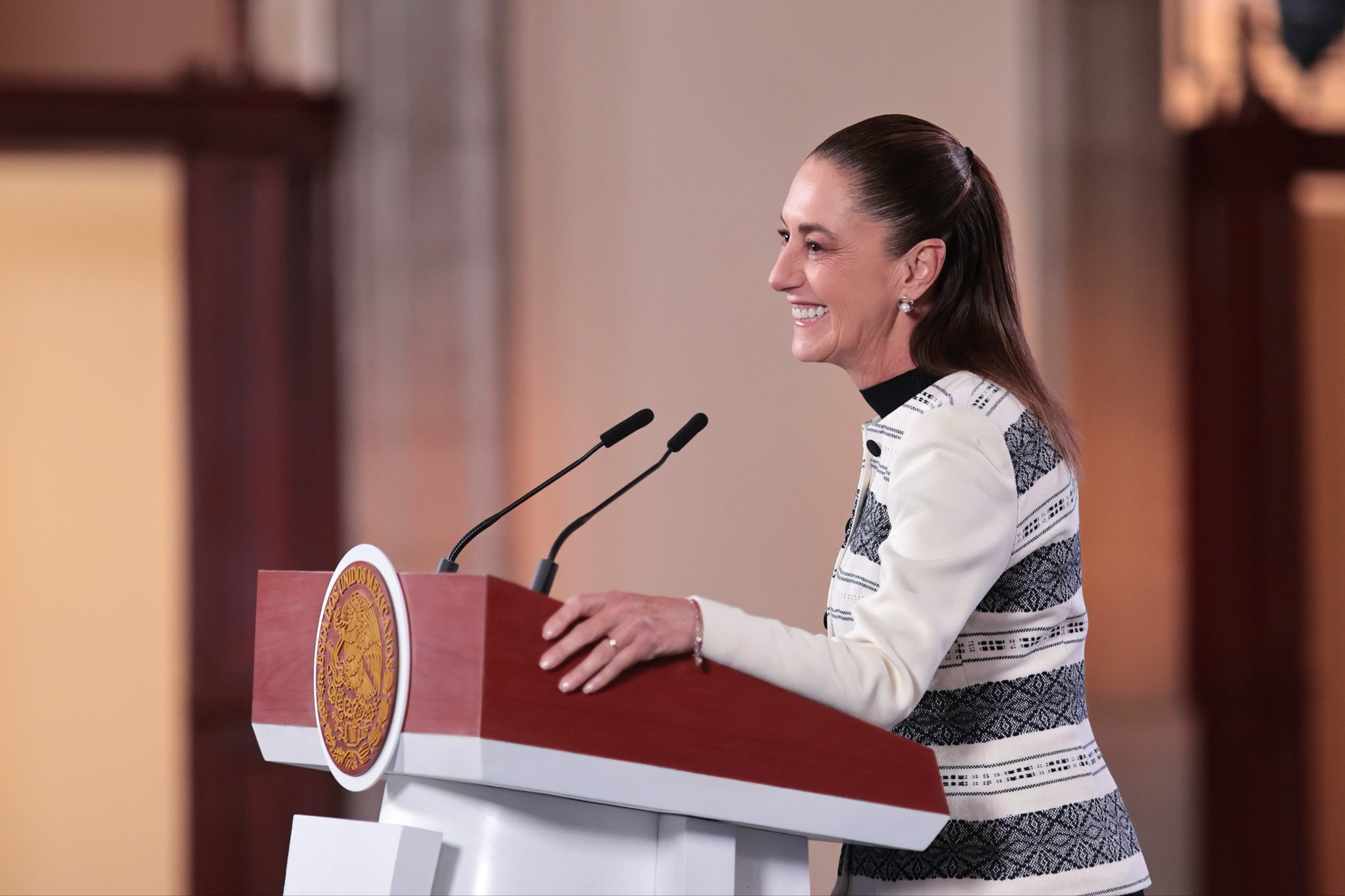Argentina Hosts 7th CELAC Summit amid New Presidential Landscape
Argentina Hosts 7th CELAC Summit amid New Presidential Landscape
With Brazil’s President Luiz Inácio Lula da Silva and a White House delegation in attendance, the Latin American body meets on January 24.
This article was originally published on January 19, 2023, and has since been updated.
On January 24, Latin America’s leaders will descend upon Buenos Aires for the seventh iteration of the CELAC Leaders’ Summit. CELAC, or the Community of Latin American and Caribbean States, is a multilateral group of 33 countries from across the Western Hemisphere that excludes Canada and the United States. This year’s round comes at a time when regional integration is a major focus for many of the hemisphere’s leaders, including newly inaugurated President Luiz Inácio Lula da Silva. He heads to Argentina to lead Brazil rejoining of the group following a two-year absence. And, though the group was originally founded to sidestep U.S. influence, Washington will be present this time around; U.S. Special Presidential Advisor for the Americas Chris Dodd will attend. AS/COA Online explores CELAC’s evolution and this year’s Summit in Buenos Aires.
Learn about Community of Latin American and Caribbean States, a regional bloc that launched in 2011.










